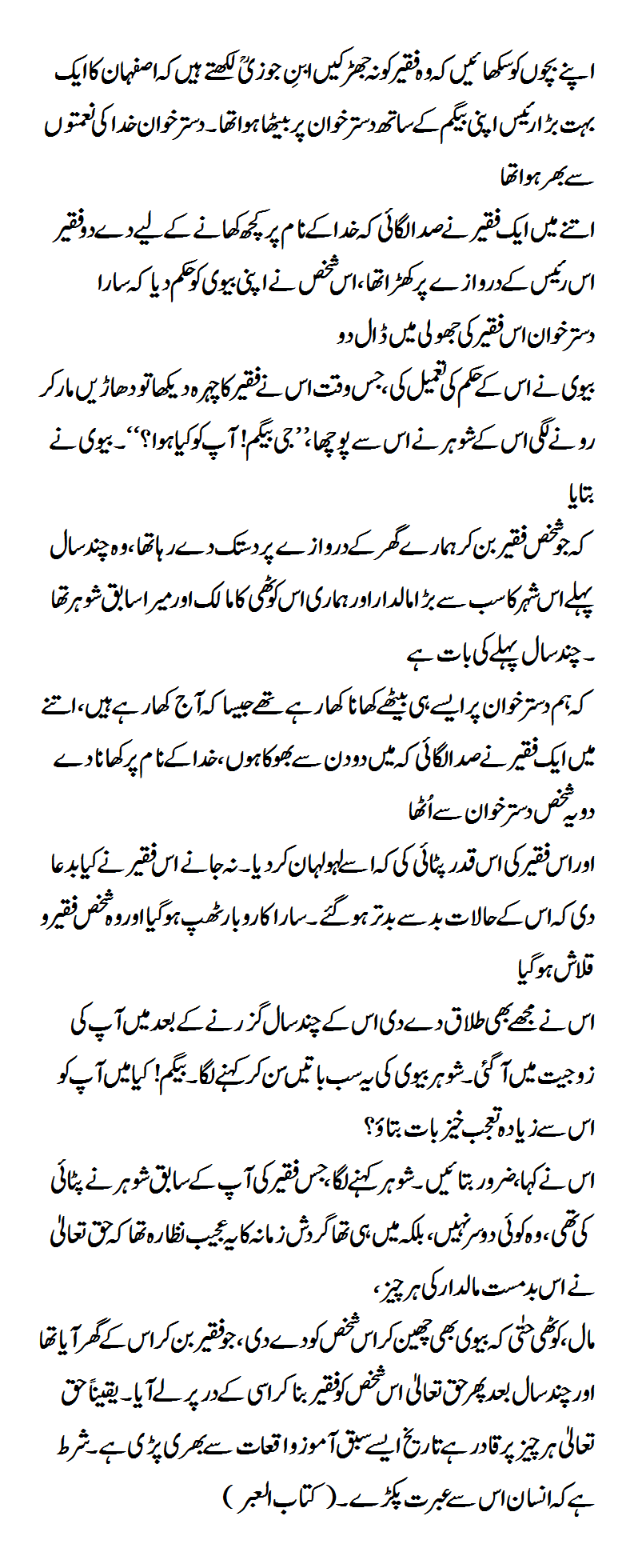There comes a time when every parent struggles with how best to discipline their child. Whether dealing with a screaming toddler or an angry teen, it can be hard to control your temper. No parent wants to find themselves in such a situation and the bottom line is that shouting and physical violence never help.
Thankfully, there are other, more effective ways and one of them is positive discipline. We consulted Lucie Cluver, Oxford University professor of Child and Family Social Work and mother of two young boys, to explore how the approach can help parents build positive relationships with their children and teach skills like responsibility, cooperation and self-discipline.
Why positive discipline?
“Parents don’t want to shout or hit their kids. We do it because we’re stressed and don’t see another way,” says Professor Cluver.
The evidence is clear: shouting and hitting simply do not work and can do more harm than good in the long run. Repeated shouting and hitting can even adversely impact a child’s entire life. The continued “toxic stress” it creates can lead to a host of negative outcomes like higher chances of school dropout, depression, drug use, suicide and heart disease.

“It’s like saying: here’s this medicine, it’s not going to help you and it’s going to make you sick,” says Professor Cluver. “When we know something doesn’t work, that’s a pretty good reason to look for a different approach.”
Rather than punishment and what not to do, the positive discipline approach puts an emphasis on developing a healthy relationship with your child and setting expectations around behaviour. The good news for every parent is it works and here’s how you can start putting it into practice: